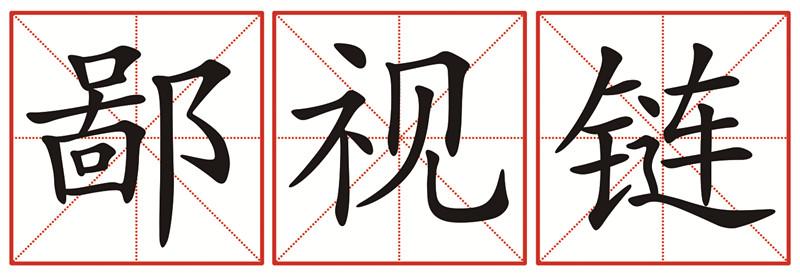
 Old Version
Old Version
Worrying about their children remaining single, a group of parents in Beijing recently held a blind date fair for their offspring, where the parents exchanged the requirements they think their children’s ideal partner should meet. Some of the conditions were so specific and unrealistic that it formed what media called a “bishi lian,” literally a “chain of contempt.”
With “bishi” meaning “contempt” and “lian” “chain,” bishi lian is somewhat similar to the food chain, with those below looked down on by those above. For example, at the bishi lian that developed at the blind date fair, those who hold a Beijing hukou (permanent residence permit) and own an apartment in the downtown area are placed at the top, making them as tempting as freshly-baked bread to the parents. Those who have neither are stuck at the bottom. To come somewhere in the middle the children needed a hukou, an apartment or a well-paid job in Beijing.
Bishi lian became a buzzword when a chain of contempt formed online around animations. The chain ranked children who only watch domestic animation films as looked down on by those who watch foreign ones, while those who watch the animated films in English without translation stand right at the top. Media reports said that the animations have divided kids into different classes and those “standing tall” will even not be allowed to play with those who “stand below.”
All manner of chains of contempt appeared much earlier than the term itself. People tend to look down on each other in every aspect of life. A man using an iPhone, for example, may look down upon those using domestic brands. However, he may be looked down upon by others if he likes to watch US TV series rather than British ones. Psychologists attribute this phenomenon to people’s attempt to find a “sense of superiority and identity,” which signifies a deeper split in the social strata.